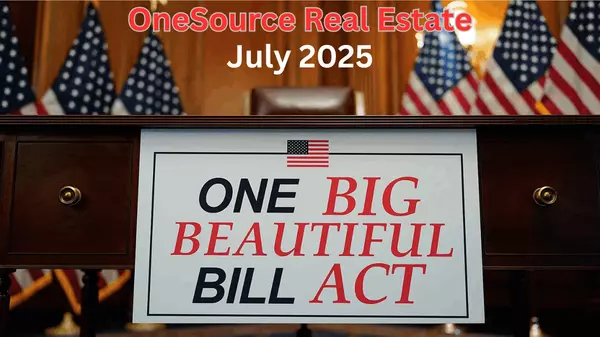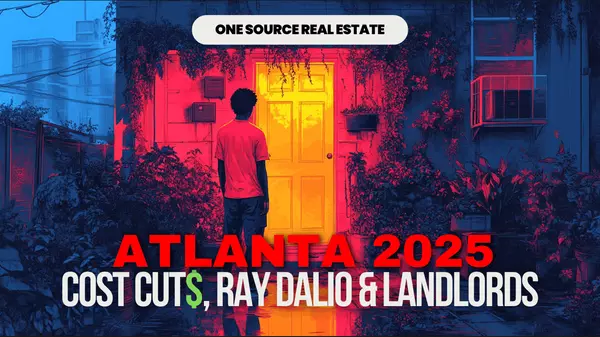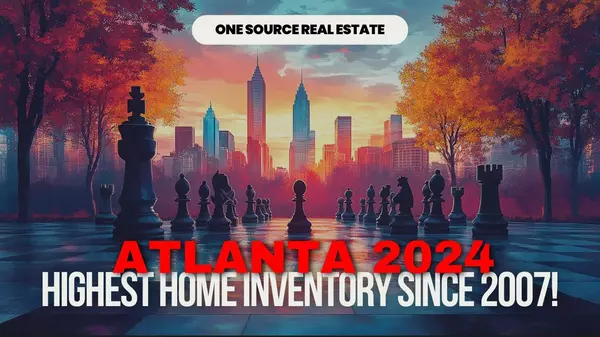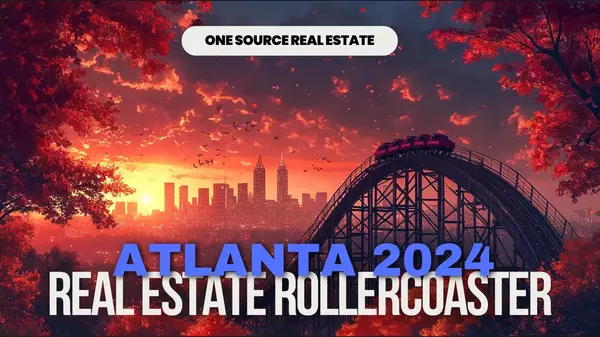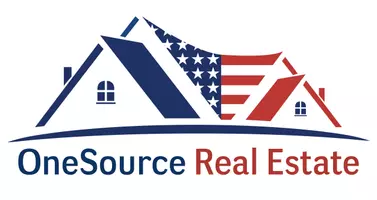New Construction vs. Resale Properties: Navigating Today's Interest Rate Environment
If you've been following our newsletters lately, you know we've been keeping a close eye on interest rates. With current rates hovering higher than we'd like, many investors are asking the same question: "Should I buy new construction or resale properties in this market?" It's a great question - and one I recently discussed with a client we'll call Mark. *that's not his real name

When Mark's Dream Investment Almost Turned Into a Nightmare
Mark had his sights set on a charming 1970s ranch-style property in East Cobb. The numbers looked decent on paper, but after the inspection revealed hidden plumbing issues and an HVAC system running on borrowed time, Mark's projected returns started evaporating faster than Georgia humidity in July.
Frustrated, Mark was ready to abandon his investment plans altogether. That's when we suggested looking at new construction instead. His response? "Why would I pay premium prices for new builds with these interest rates?"
What Mark discovered next surprised him - and it might surprise you too. I'll share how this story ends in just a moment.
The Rate Reality Check
First, let's address the elephant in the room: interest rates. They're higher than we've seen in recent years, and they're impacting everyone's buying power. But here's something interesting I observed in our Atlanta market:
While overall resale volume is down, new construction is still trading quite actively. This seemingly contradictory trend makes perfect sense when you understand what builders can offer that individual sellers typically can't.
The New Construction Advantage You Might Be Missing
Here's what we're seeing with new construction in the Atlanta market:
- Builder-sponsored closing cost contributions that can significantly reduce your cash to close
- Mortgage rate buy-downs using those same contributions (turning a 7% rate into 6.5% or better)
- No immediate repair or capex expenses for at least 5-10 years
- Builder warranties that protect your investment
- Newer, more energy-efficient systems that reduce monthly operating costs
One investor client recently purchased a new construction property where the builder contributed $15,000 toward closing costs. Instead of using it all for closing, she directed $10,000 toward buying down her interest rate, effectively saving over $200 per month on her mortgage payment. That's $2,400 per year in improved cash flow!
But What About Resale Properties?
While new construction has clear advantages in this rate environment, resale properties shouldn't be dismissed entirely. Here's why:
- Negotiation leverage has increased as overall sales volume has decreased
- Value-add opportunities for investors willing to solve problems
- Established neighborhoods with proven rental demand
- Potentially lower acquisition costs (though this advantage may be offset by immediate repair needs)
Remember Mark's story? After weighing his options, he decided to look at a new construction home in Cherokee County. Not only did he secure a $12,000 closing cost contribution that he used for a rate buy-down, but he also eliminated his concerns about major system replacements for the foreseeable future. His projected cash flow ended up higher than the resale property he'd originally considered, even though the purchase price was about 8% higher.
"I wish I'd considered new construction from the beginning," Mark told me. "The peace of mind alone is worth it."
The Real Estate Math That Matters Most
When evaluating new construction versus resale, remember to calculate the true total cost of ownership:
- Purchase price + closing costs - builder incentives
- Immediate repair/renovation needs
- Projected maintenance over 5 years
- Monthly payment after any rate buy-downs
- Energy efficiency impact on utilities
Often, investors focus too heavily on purchase price without considering these other crucial factors. In today's interest rate environment, those other factors can make or break your investment returns.
What This Means for Atlanta Investors
If you're looking to expand your portfolio in 2025, consider these action steps:
- Compare true net costs between new construction and resale options
- Explore builder incentive programs specifically for investors
- Run cash flow projections that include maintenance reserves for older properties
- Consider the long-term hold strategy - will rates come down for a refinance opportunity?
For investors who plan to hold properties for 5+ years, the small premium you might pay for new construction today could pay significant dividends through reduced maintenance costs, better tenant quality, and improved cash flow stability.
To your success,
PS: Next Steps for Savvy Atlanta Investors
Whether you're leaning toward new construction or resale properties, here's what you can do right now:
1.) Get a personalized analysis of new construction vs. resale options in your target area (Book Call)
2.) Learn how our property management services can maximize returns for either property type
3.) If you're ready to start looking at specific properties, let's create a custom acquisition strategy (Book Call)
Categories
Recent Posts
